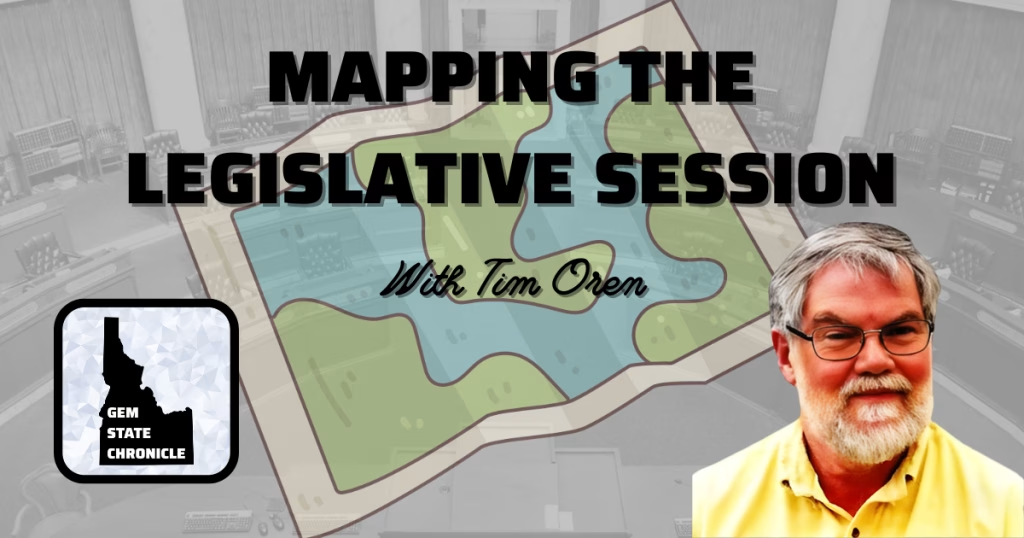Nearly a year ago, a House committee defeated Rep. Jordan Redman’s attempt to put sideboards on the Medicaid Expansion program. Testifiers demanded the committee leave their welfare alone, so five Republicans and three Democrats killed Medicaid reform in 2024. I wrote then that welfare had reached a critical mass in which too many citizens had grown reliant on government programs to survive, so it was no longer politically palatable to scale back those programs.
Several people testified that without Medicaid Expansion, they would not be able to pay their bills. One person even called healthcare a “right”. When I said on Twitter how absurd this statement was, my mentions filled up with people saying I want sick people to die or that civilized nations take care of their people. These people reacted to the idea of “personal responsibility” like vampires to sunlight.
How can a lawmaker resist such emotional appeals? “If you don’t keep paying my bills, I’m going to die” is a heck of a pitch. But that doesn’t change the fact that if your “right” requires the labor of another human being, then you are explicitly advocating for slavery. You are demanding that someone else work for your benefit. No matter how much you sugar coat it, that’s the plain truth.
A year later, with another $1 billion having been spent on healthcare for able-bodied working-age adults, it’s time to try again.
It’s not just that Medicaid Expansion is a massive budget buster for Idaho taxpayer, but that the expansion of welfare programs turns people into slaves of an ever-growing government system. Wayne Hoffman put it well recently:
The problem with medical welfare isn’t lack of work requirements. The problem is what Medicaid does to the human condition. There’s nothing particularly healthy about a system that separates the needy from people and organizations in a community that are willing to help.
Prior to the rise of the welfare state in the 1930s and 1960s, that’s what Americans did. They cared for one another. They offered assistance to those who needed it. Neighbors were invested in the health and wellbeing of neighbors, and that system provided for natural reciprocity. Later, if the giver was ever in need, their past charity was rewarded with the kindness of others. This is a natural part of our humanity, which we’ve now outsourced to government programs.
Once people become reliant on a government program, that program becomes nearly impossible to repeal. Too many citizens are willing to trade their self-sufficiency and freedom for the perceived security of being well-cared-for serfs. That was never what America was about, but it’s all too common today. Young Americans are coming of age never knowing a world without Obamacare, just like their parents never knew a world without Medicare and Medicaid. The world of my great-grandparents — no welfare, no Medicaid, no Social Security — is completely foreign to us now.
On yesterday’s Idaho Signal program, I talked with Matt Edwards about how government programs, no matter their original intentions, eventually become dedicated to their own existence and expansion:
I talked to a legislator this morning who said they are receiving numerous emails from across the state demanding they leave Medicaid alone. Our lawmakers need to hear the other side too. Use the Idaho Insider at the Gem State Chronicle to find your three legislators, or use Email Idaho to blast them all at once.
Tell them the truth: Medicaid Expansion is too expensive for Idaho, and too expensive when it comes to the human cost of government dependency.
Gem State Chronicle is a reader-supported publication. To receive new posts and support my work, consider becoming a free or paid subscriber.
About Brian Almon
Brian Almon is the Editor of the Gem State Chronicle. He also serves as Chairman of the District 14 Republican Party and is a trustee of the Eagle Public Library Board. He lives with his wife and five children in Eagle.













